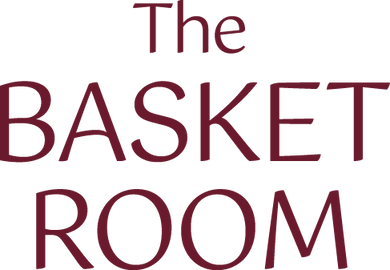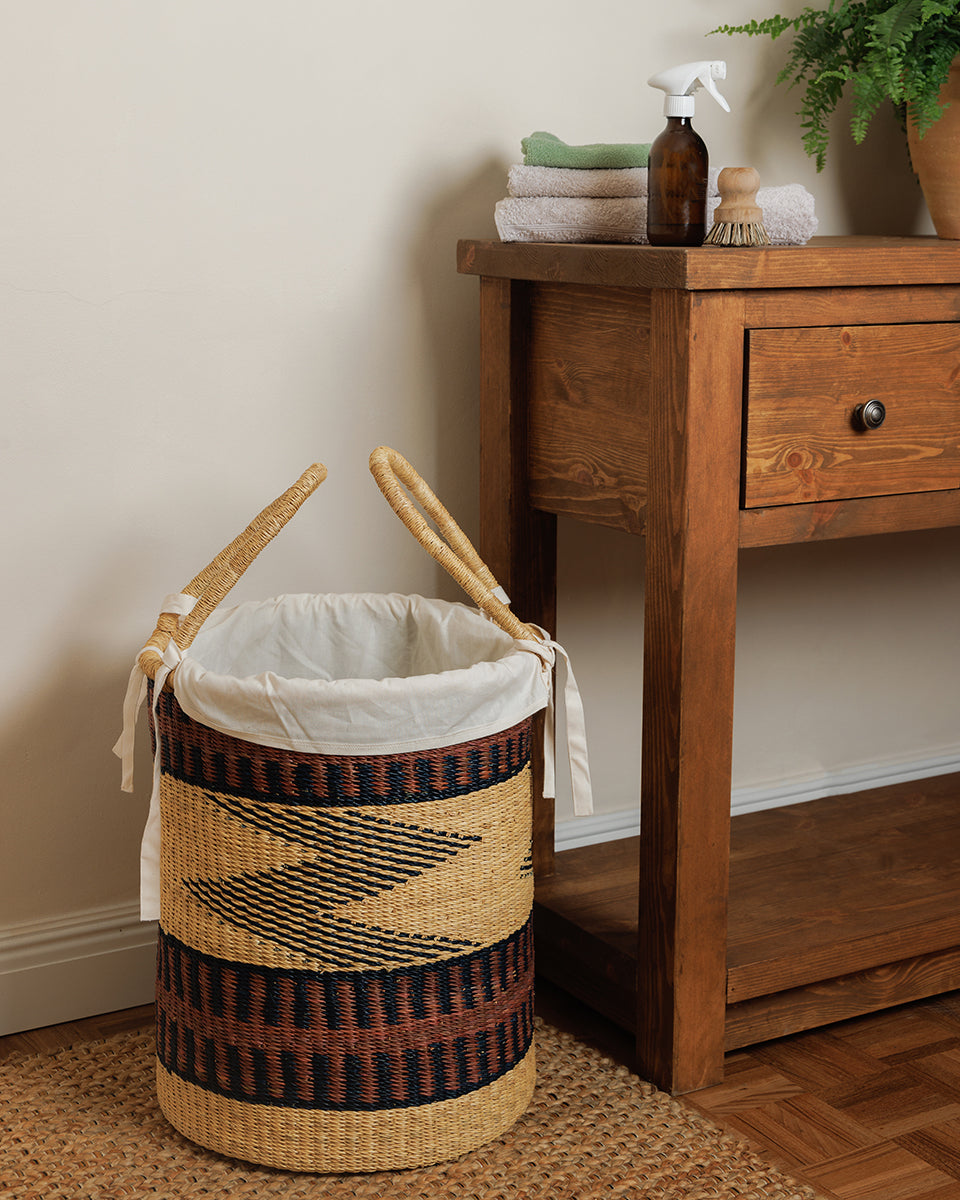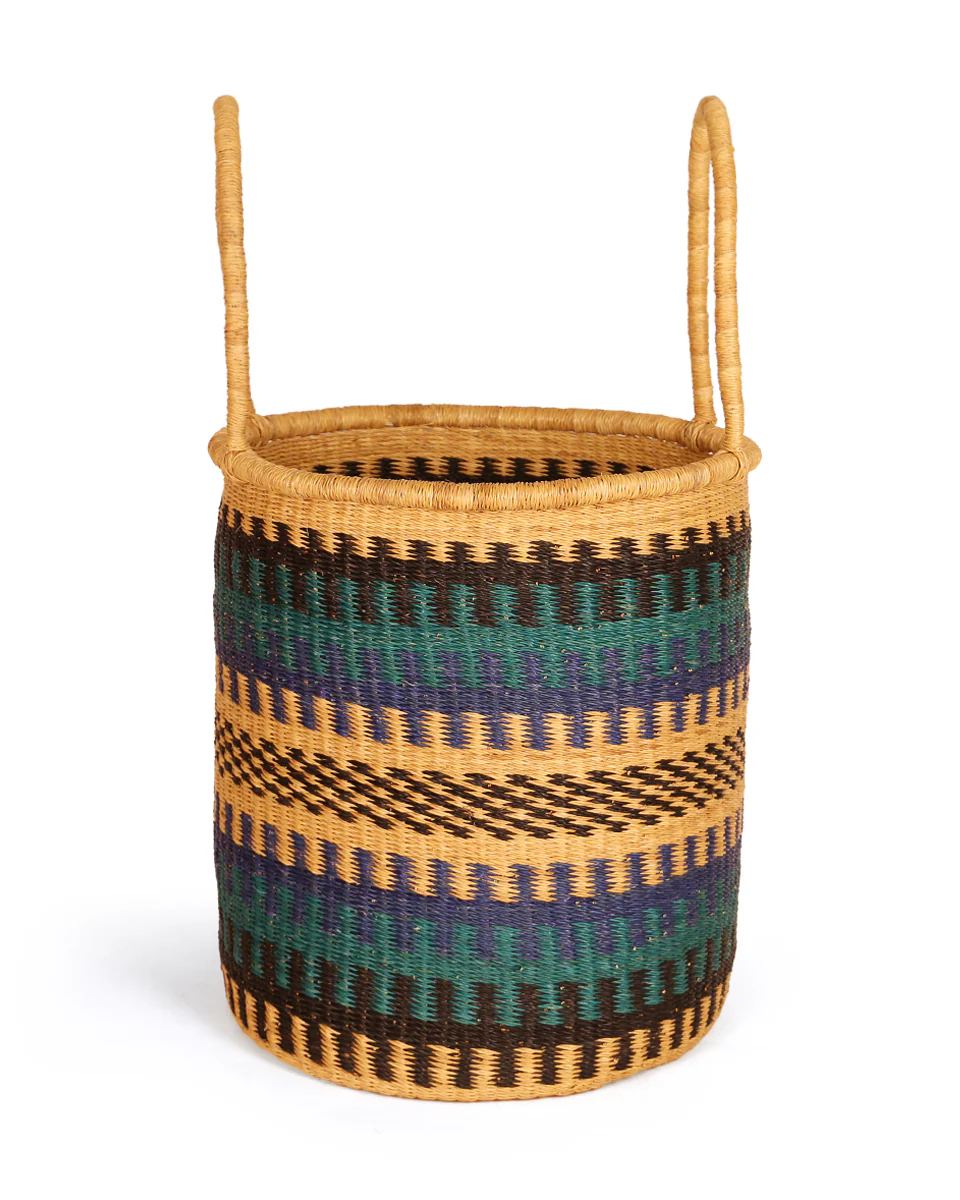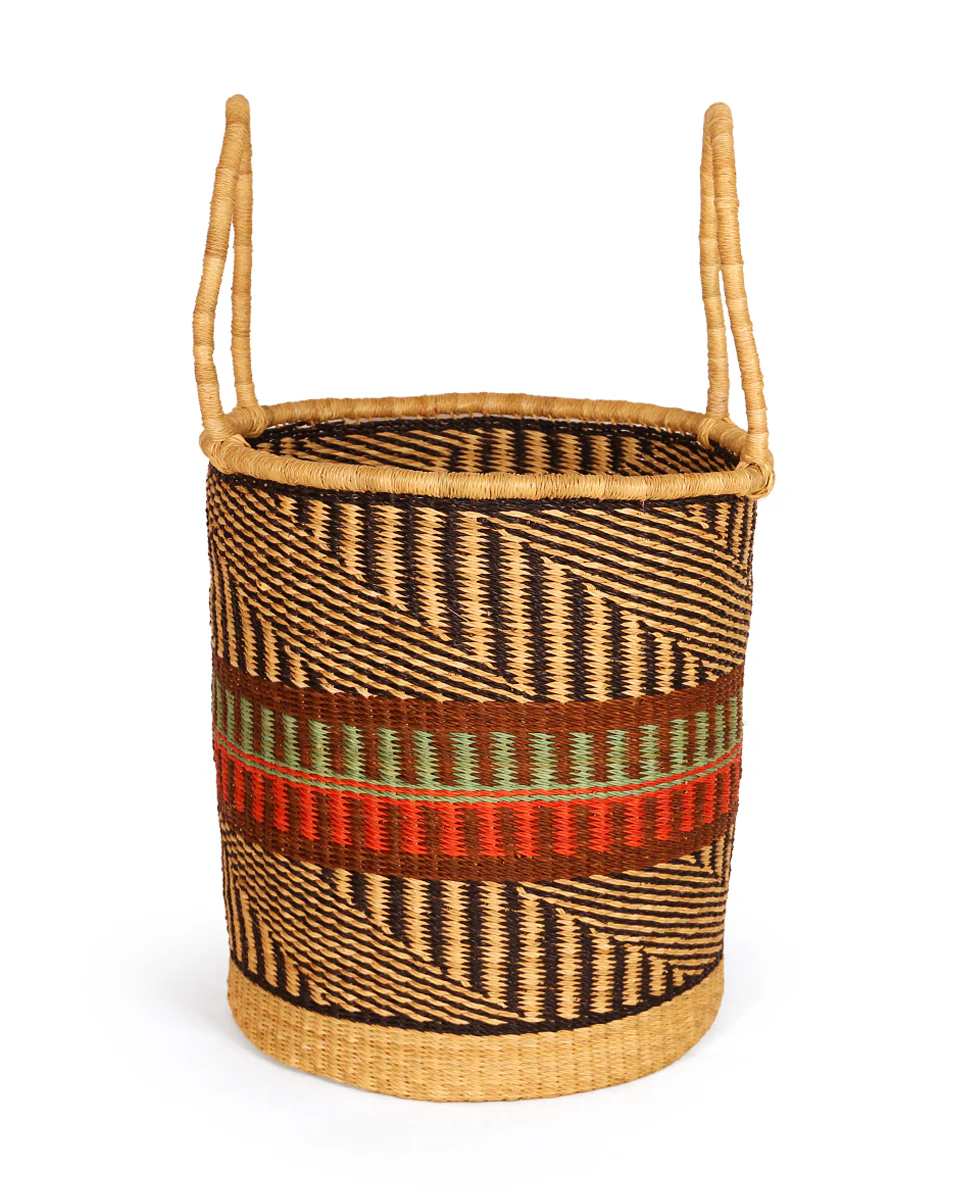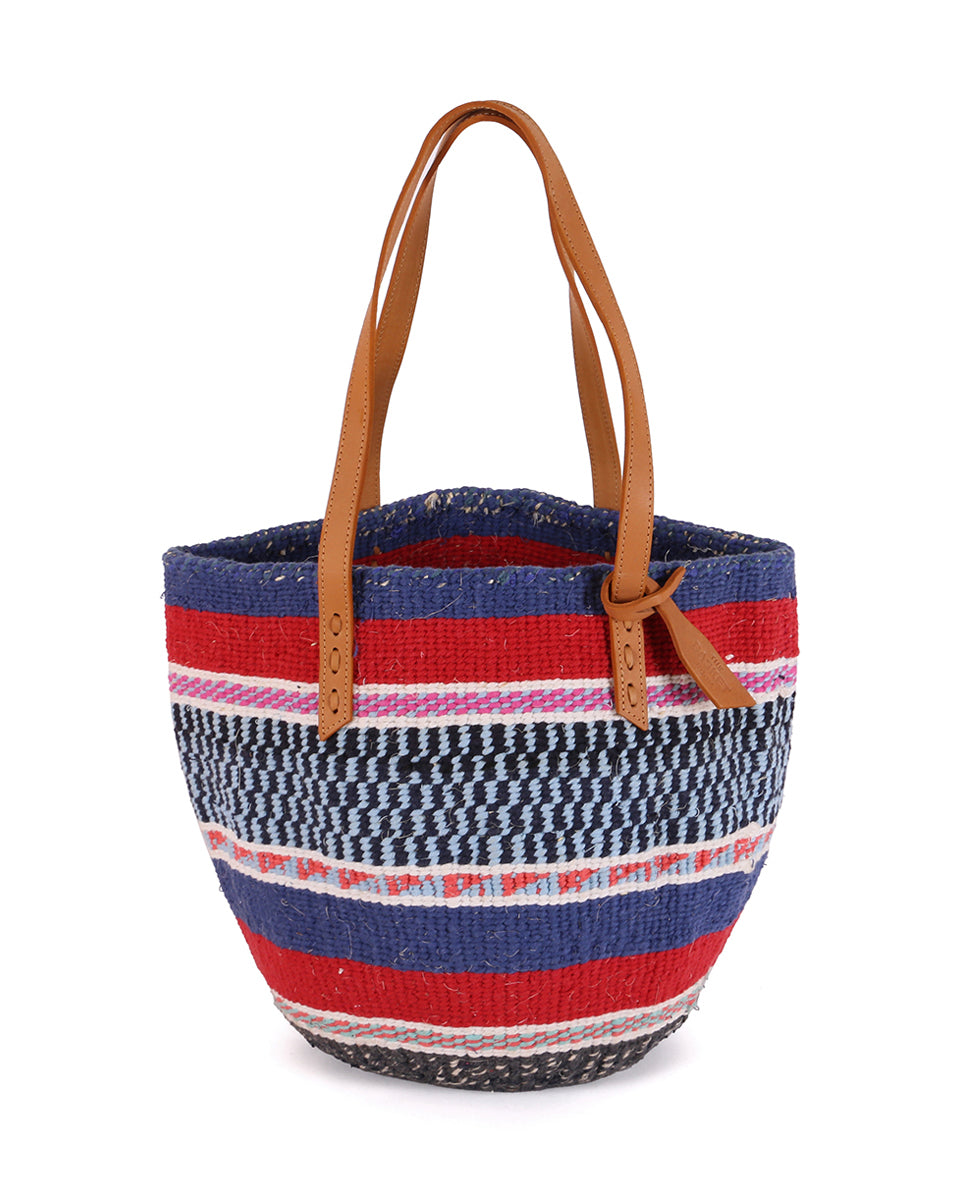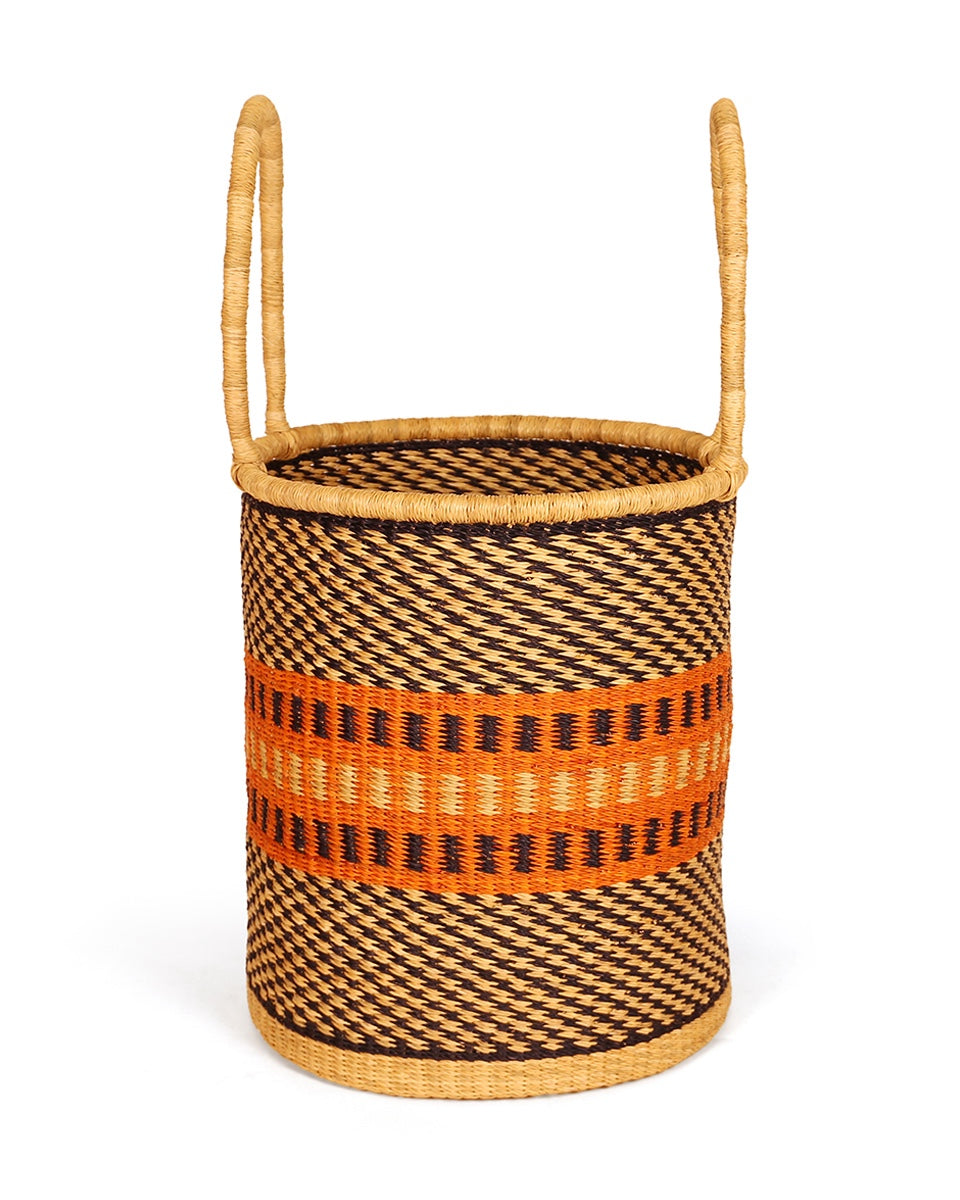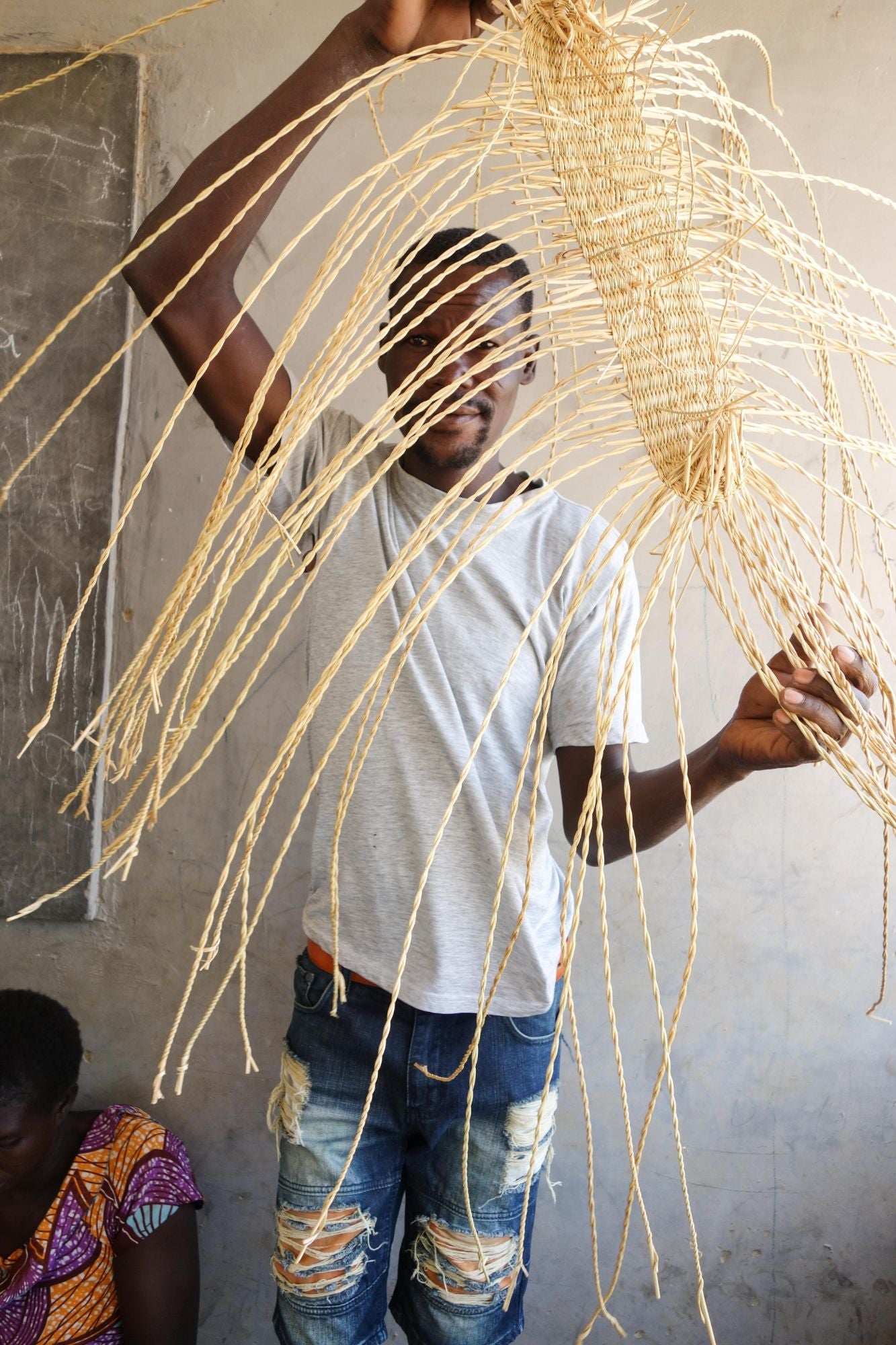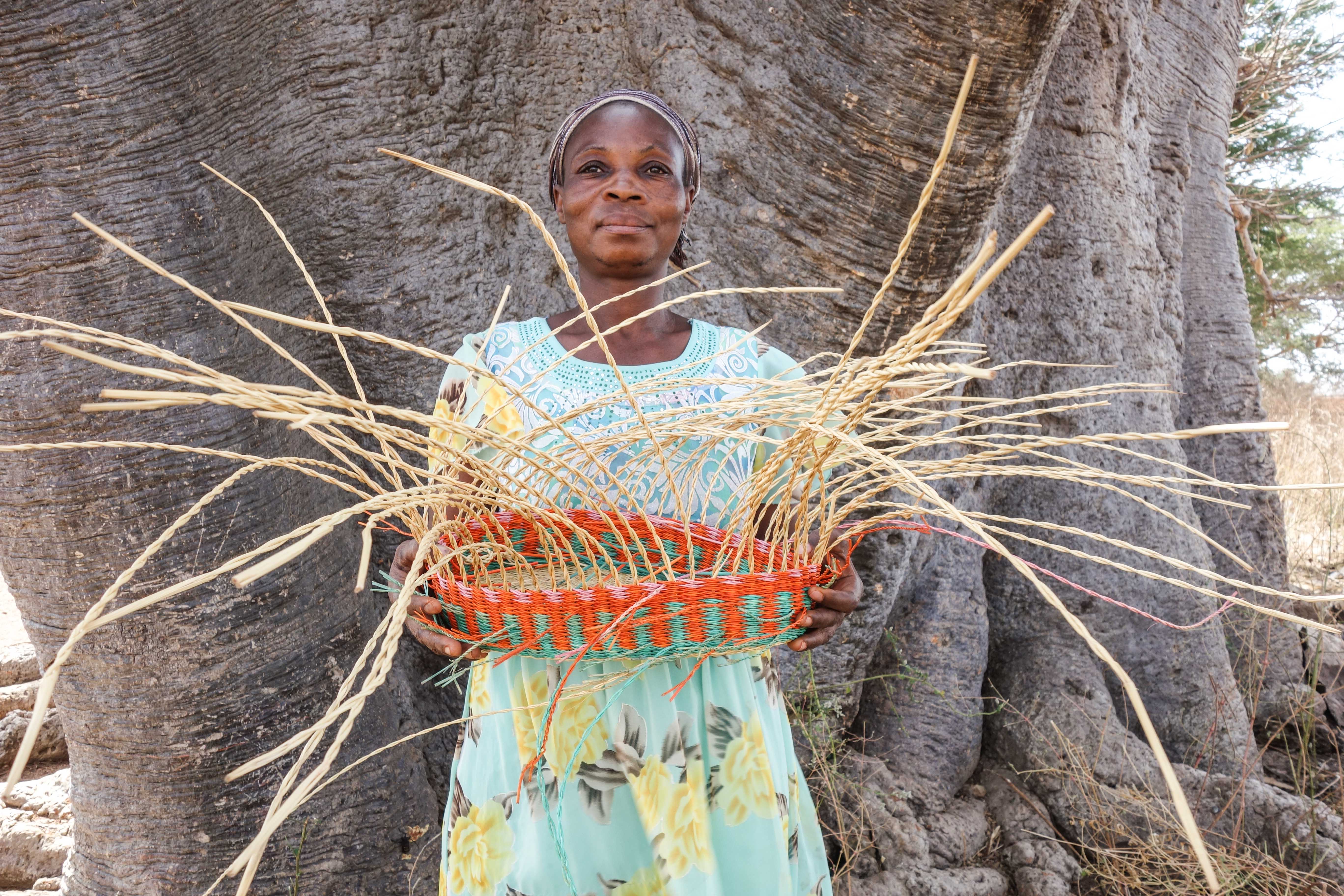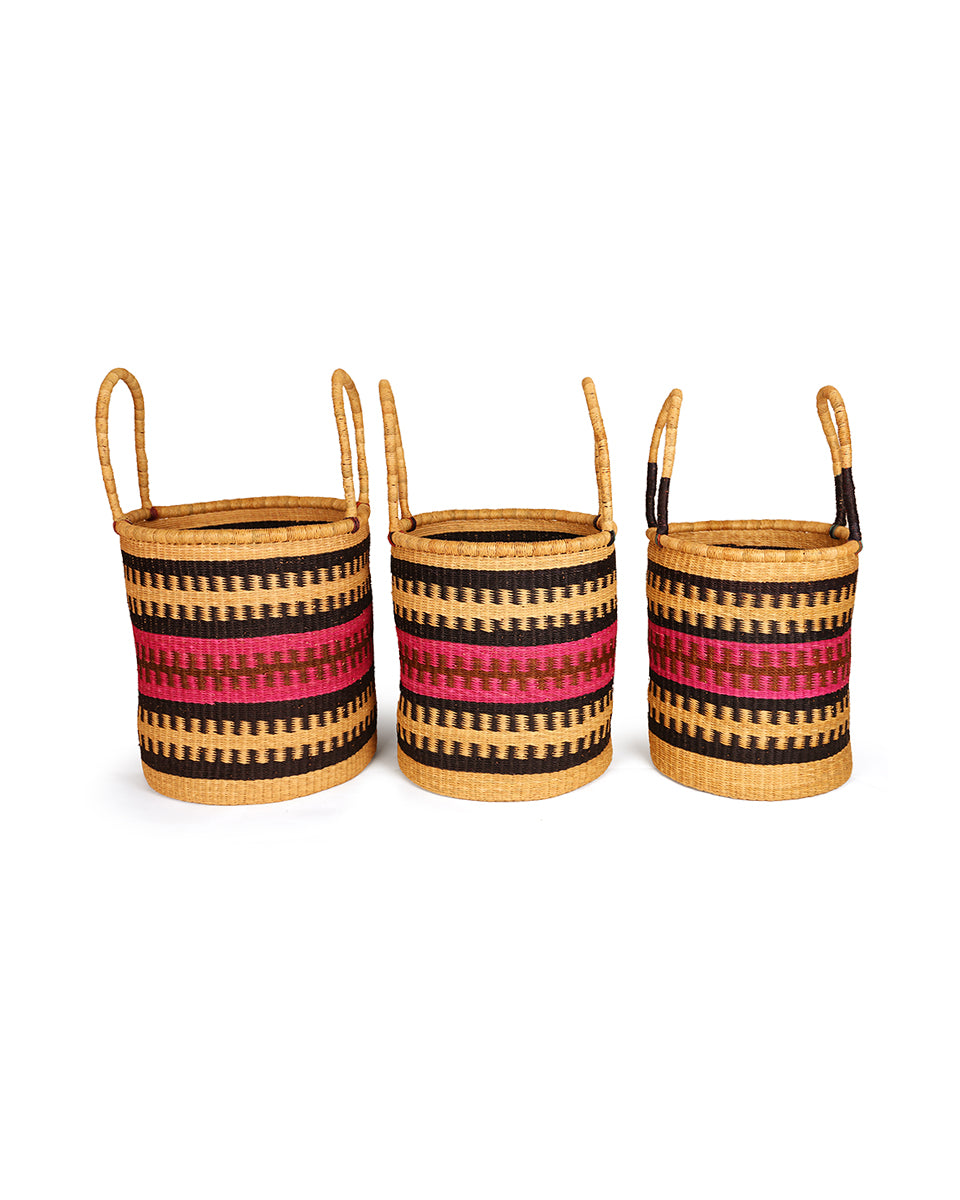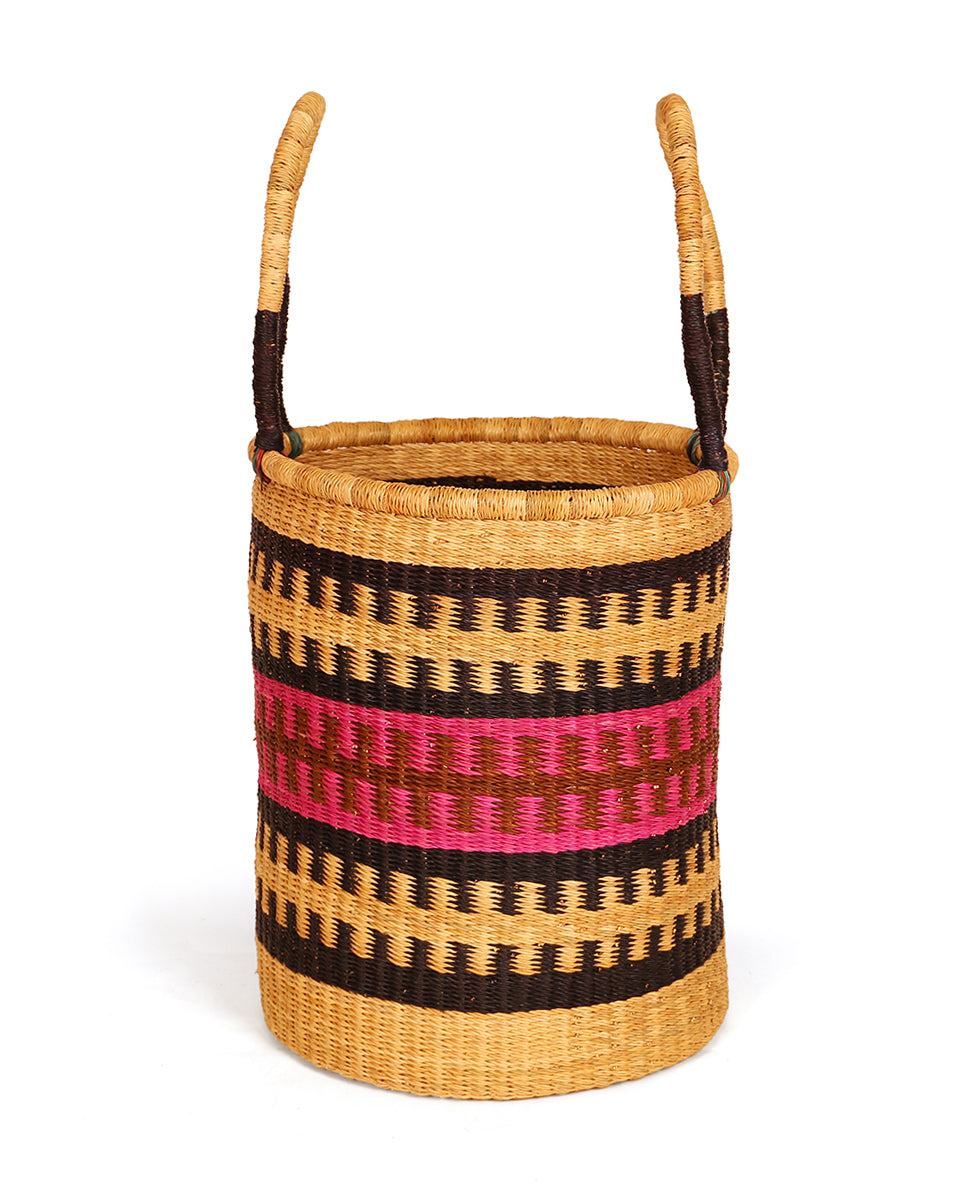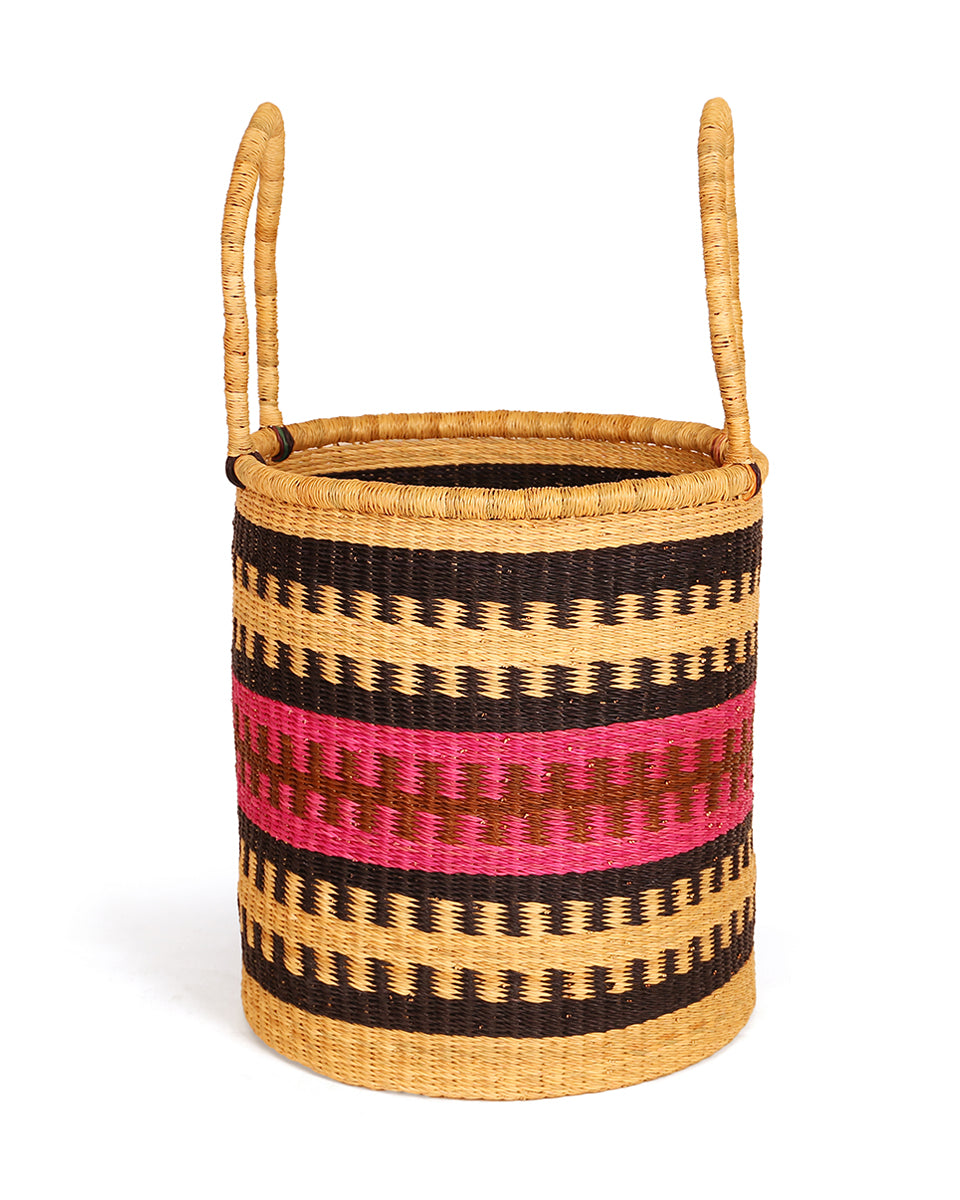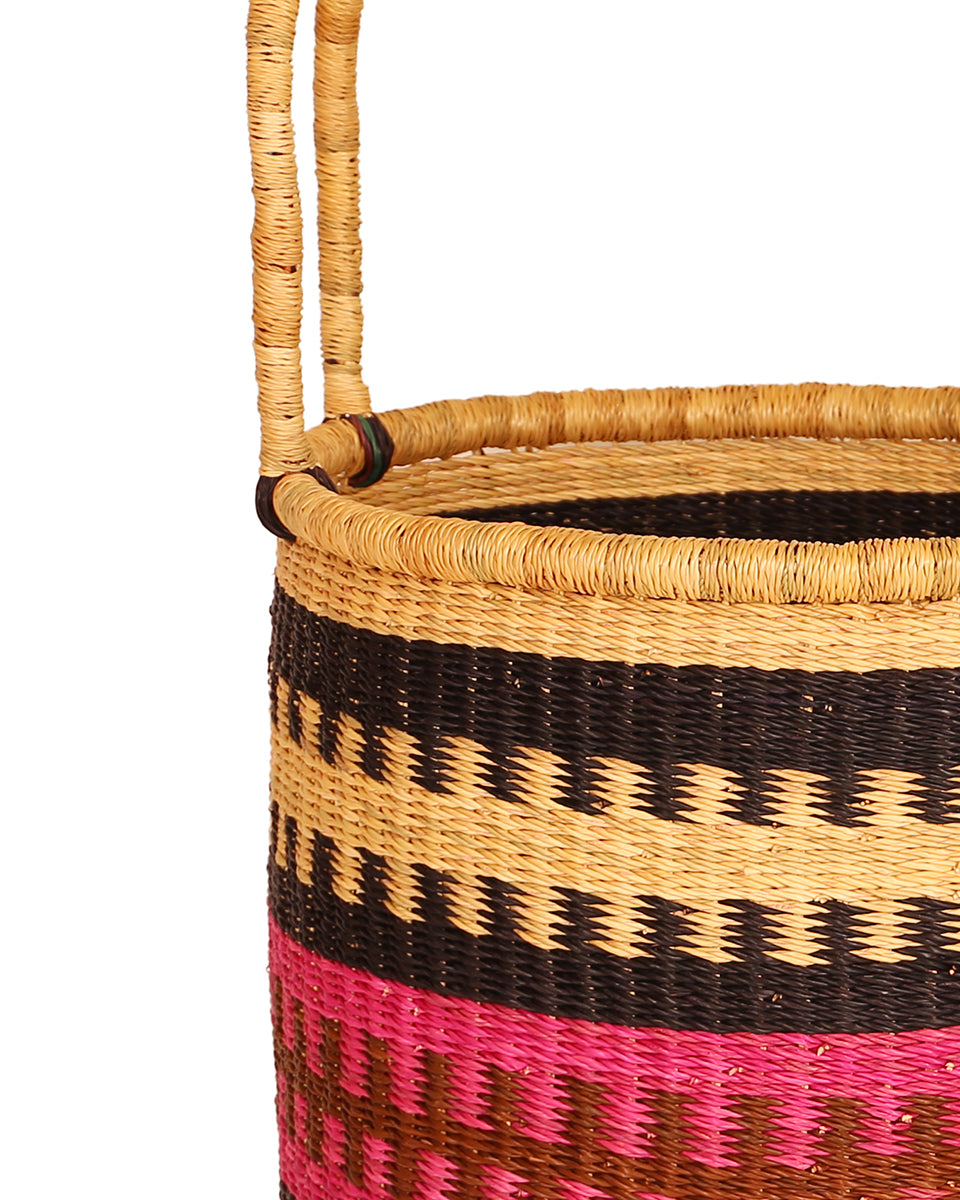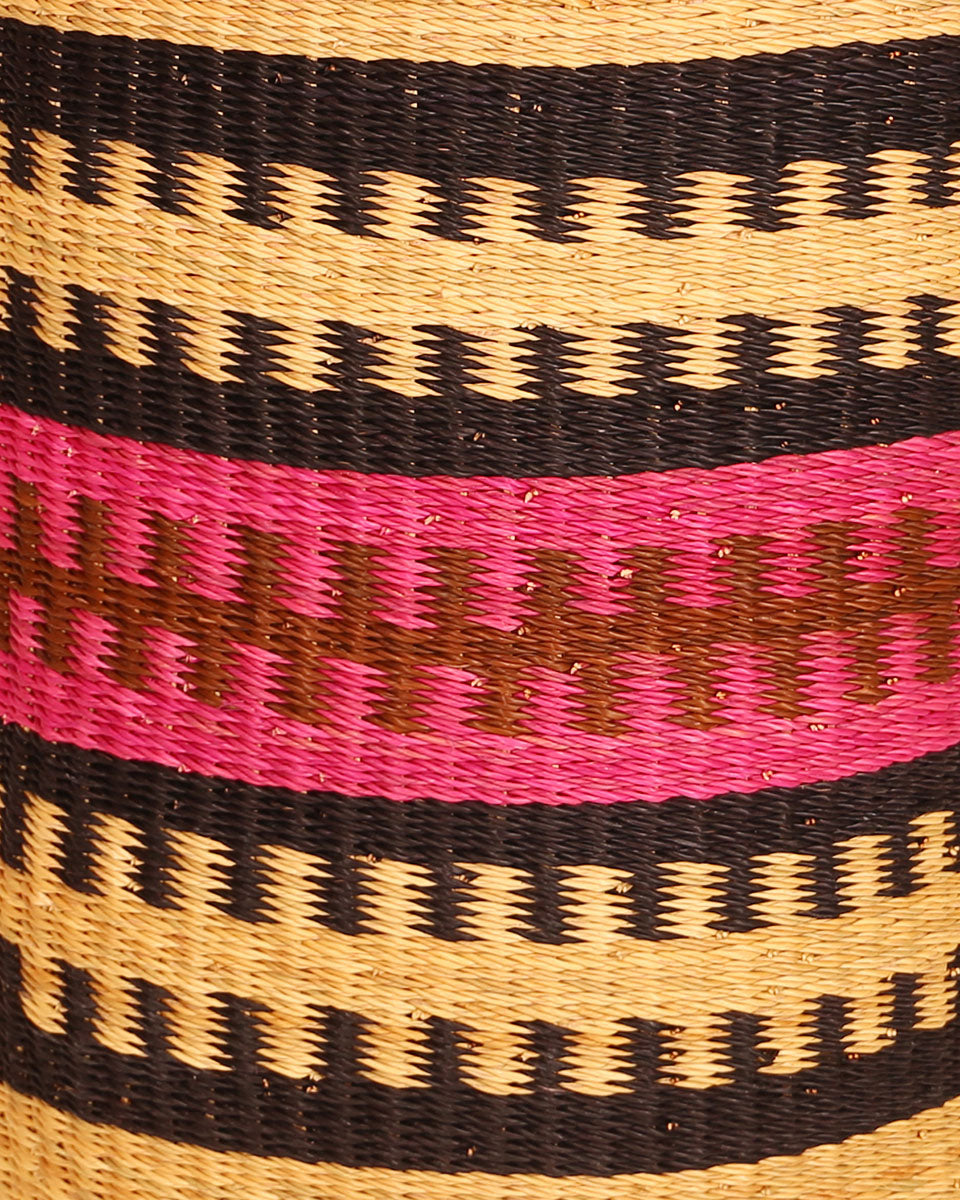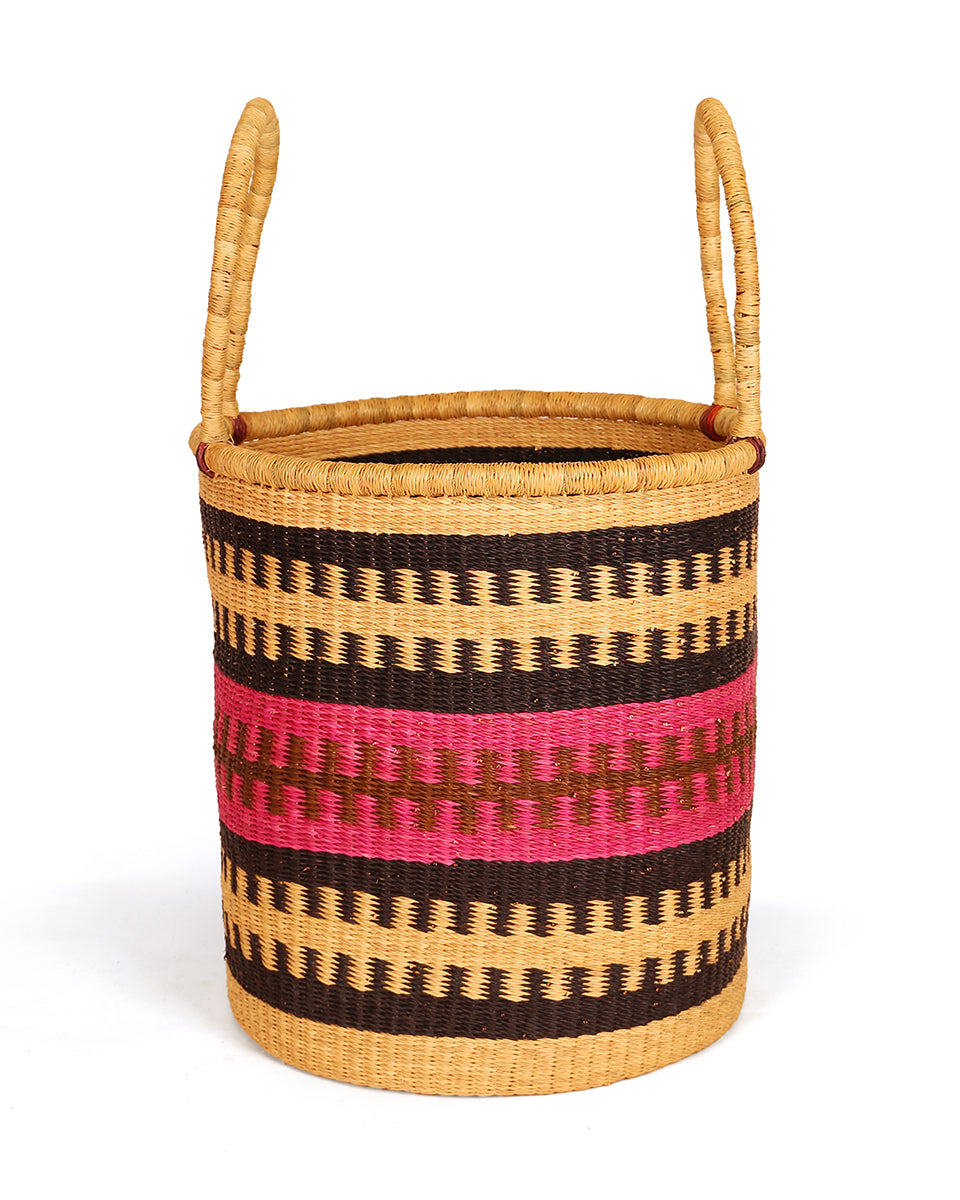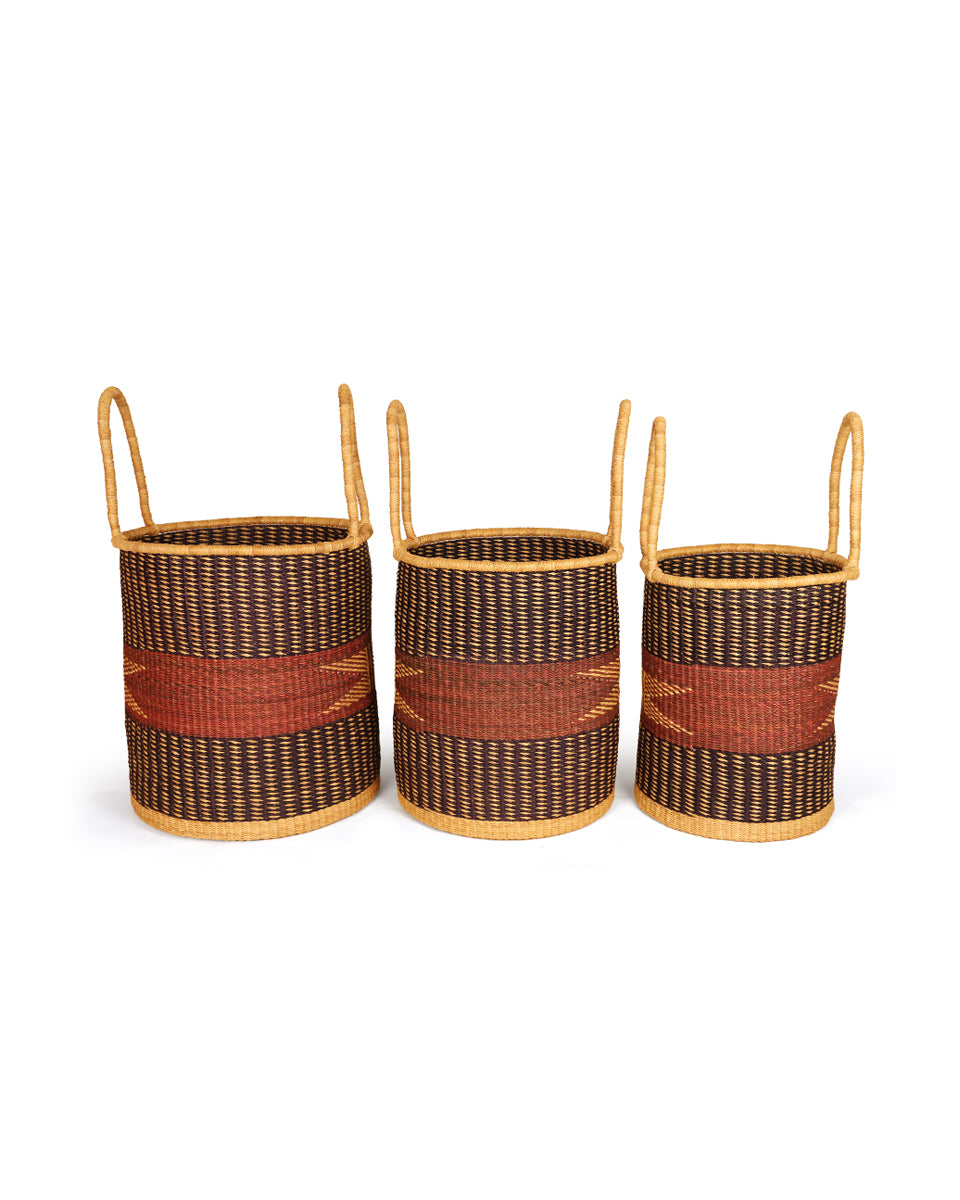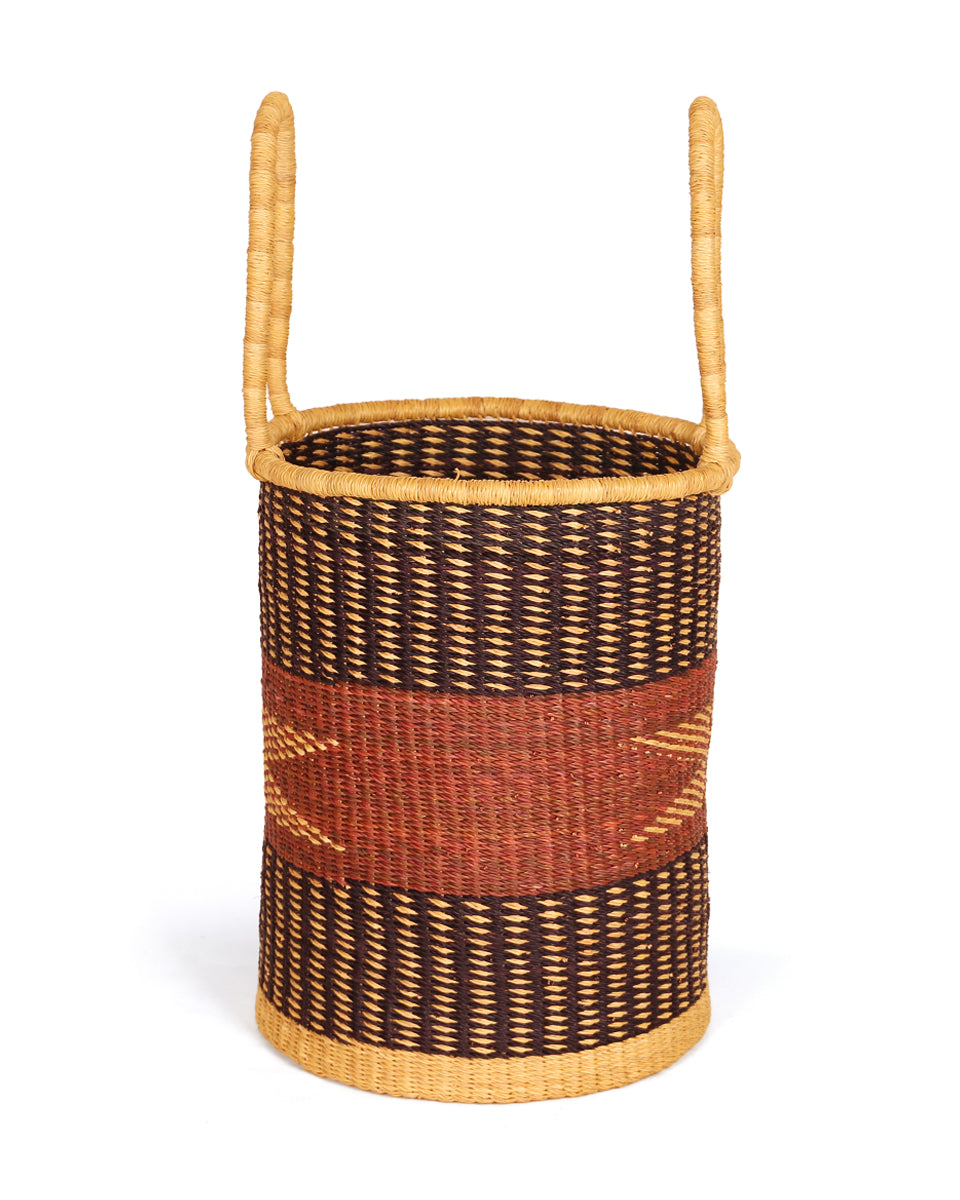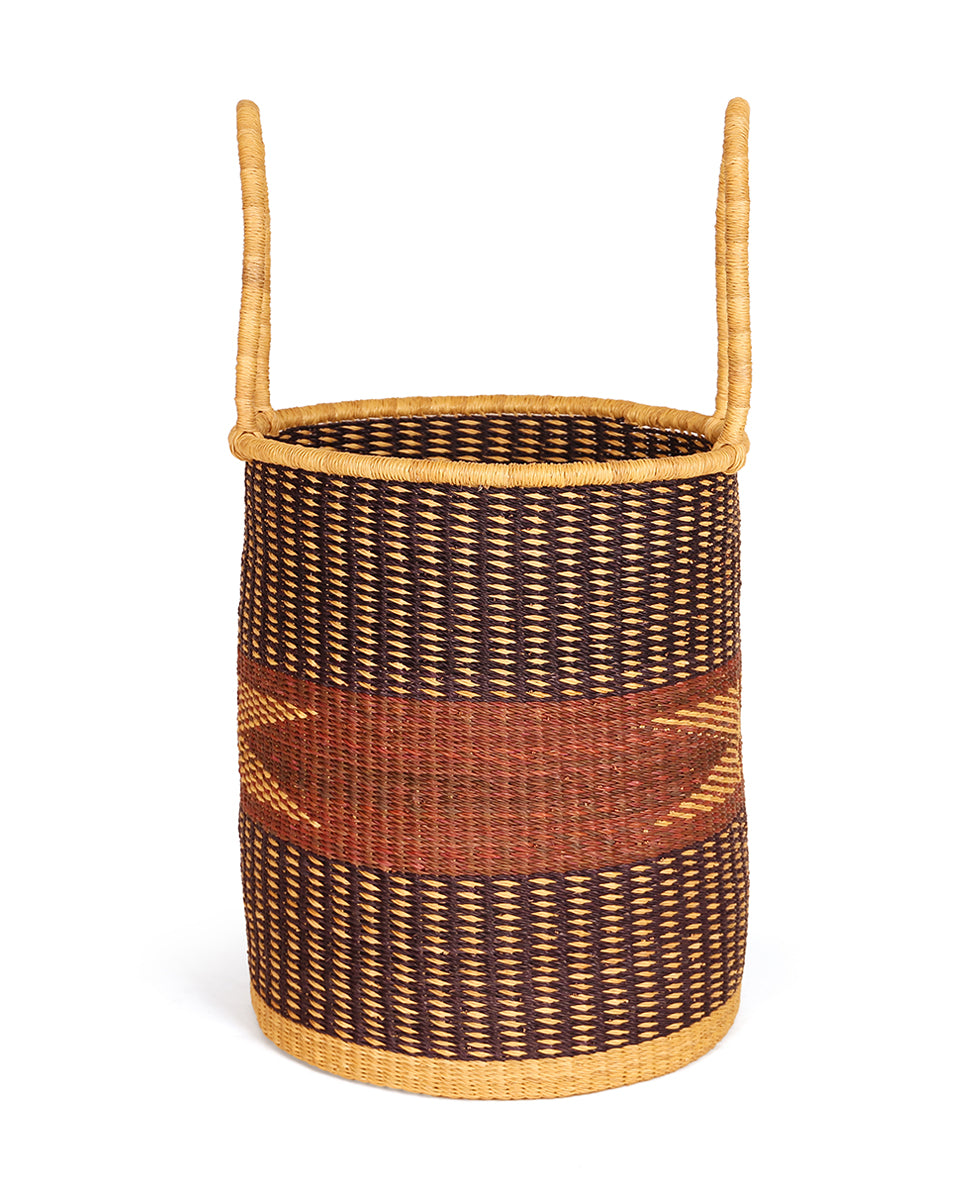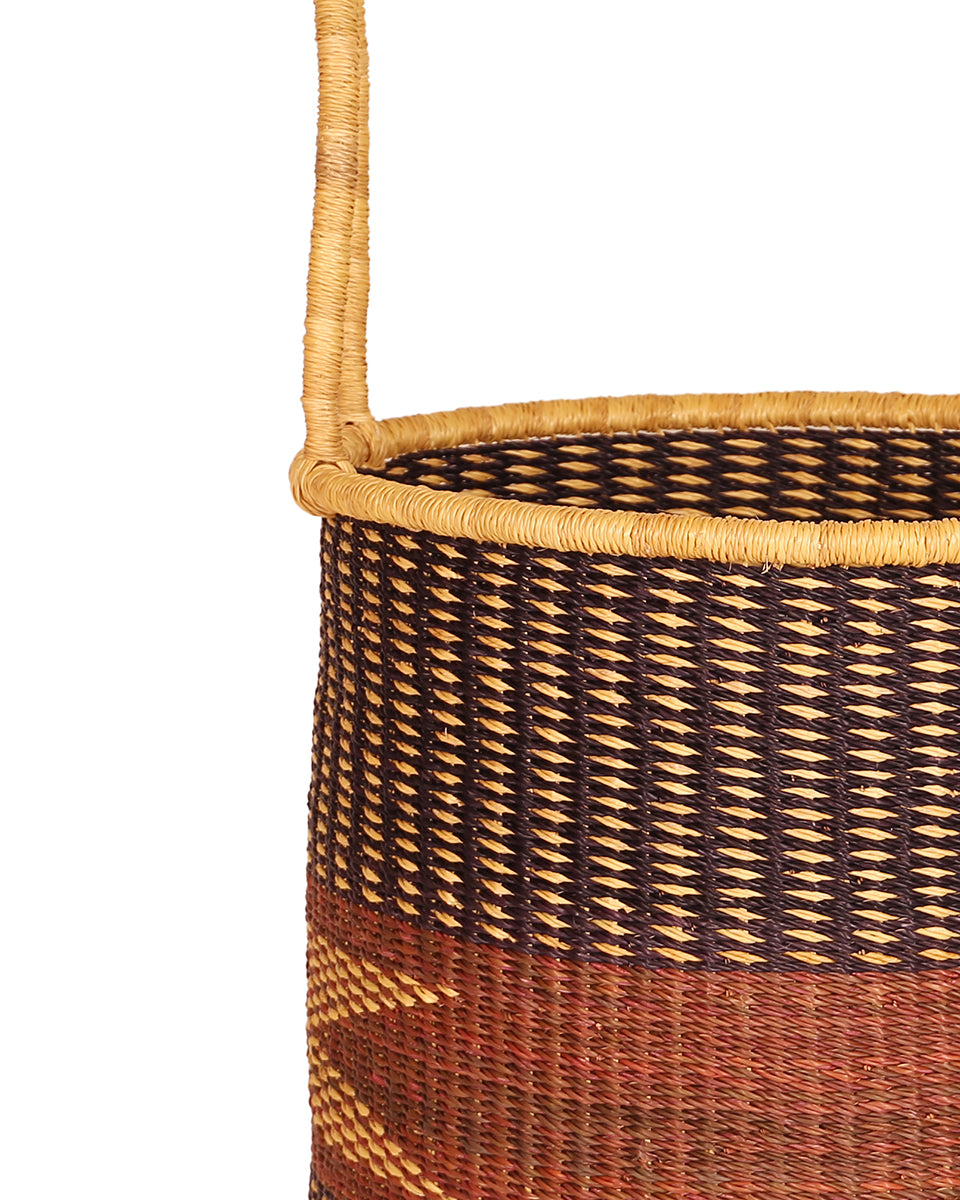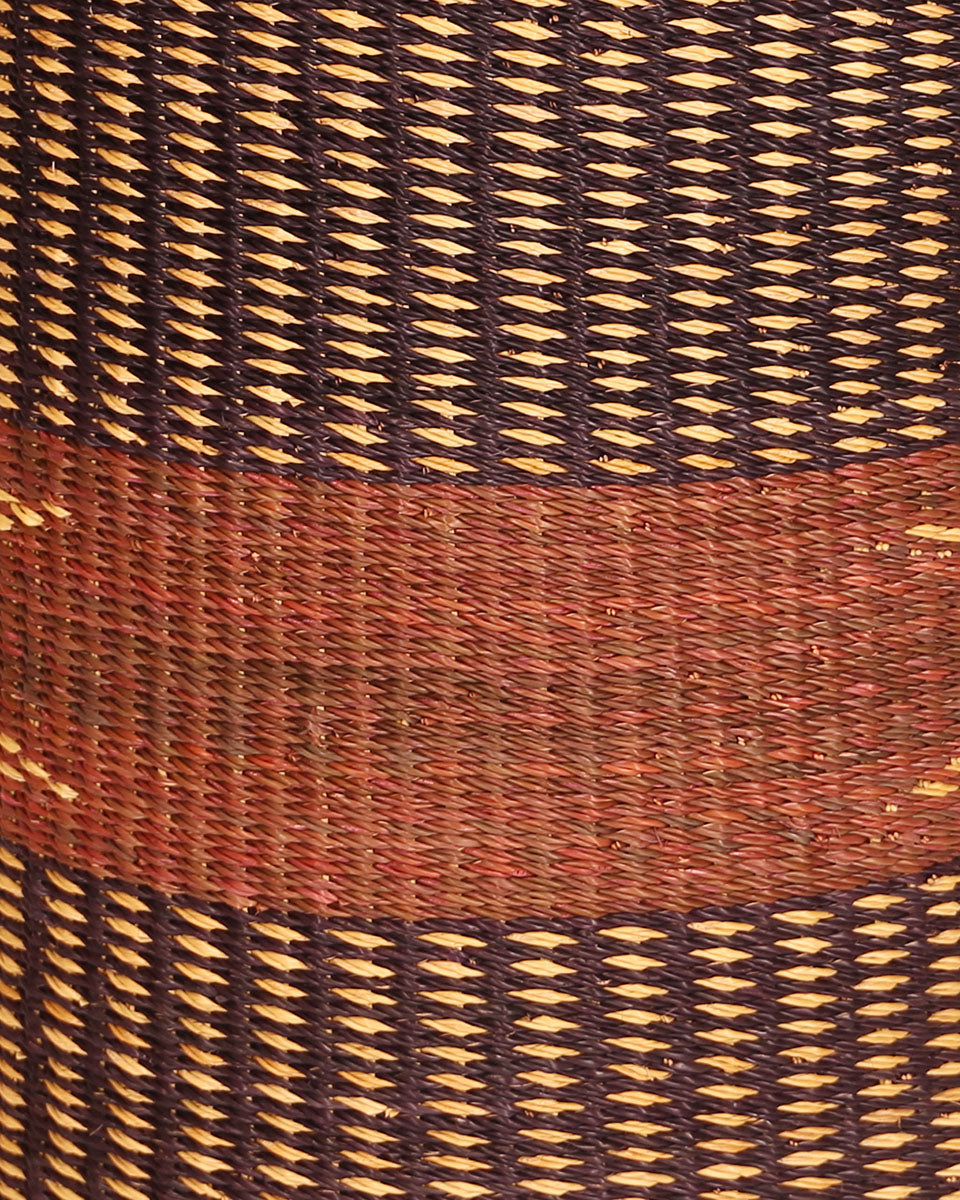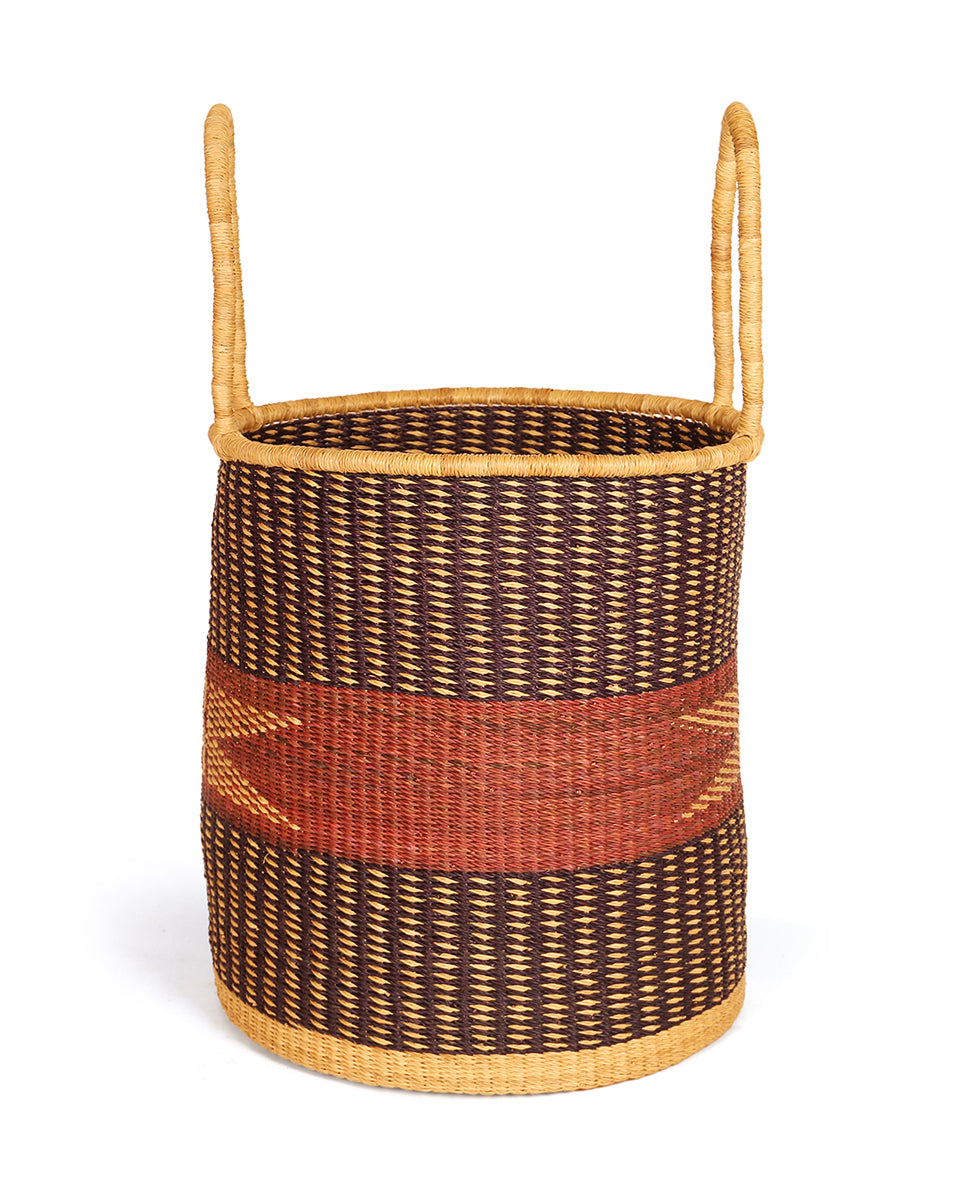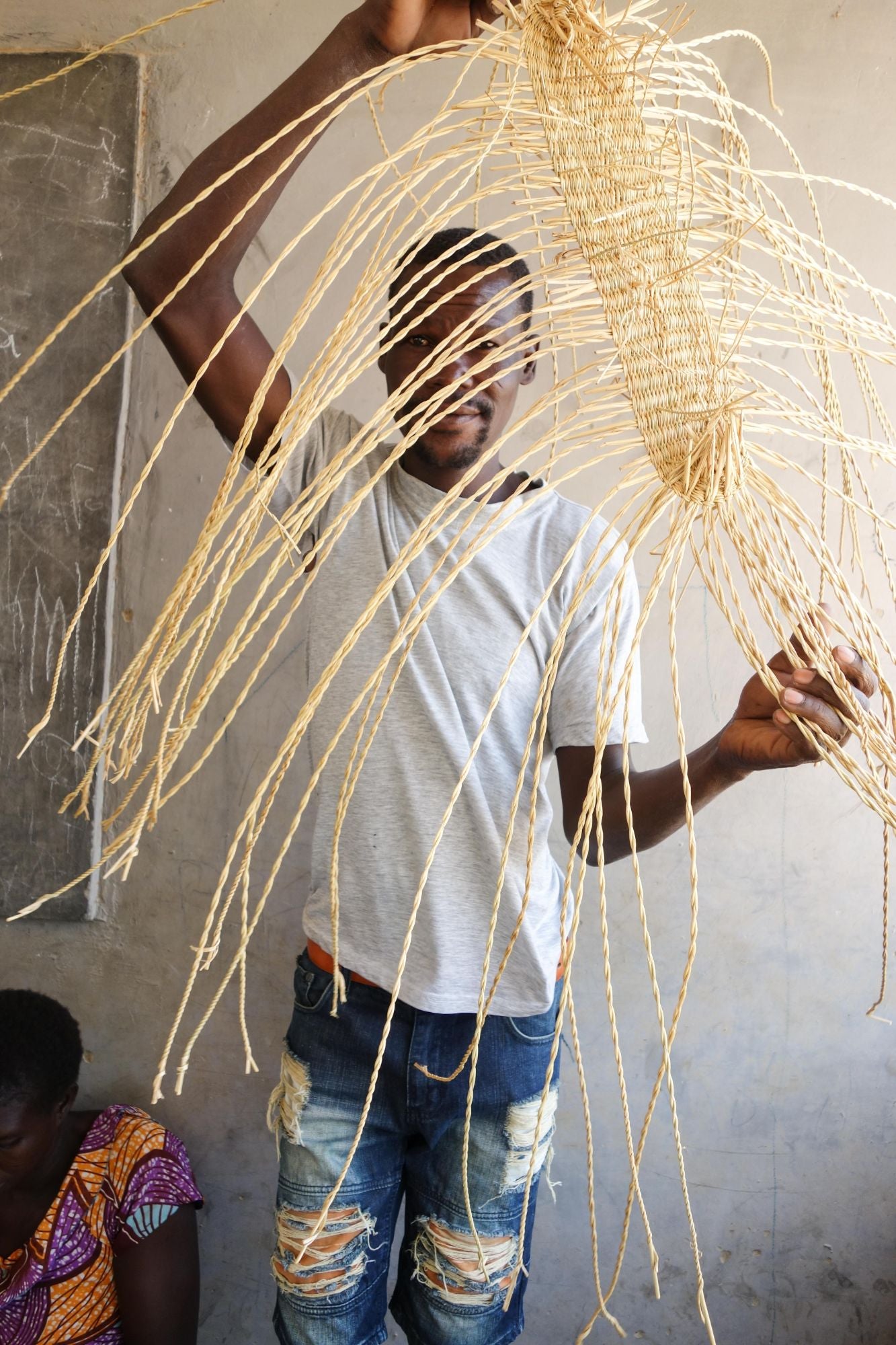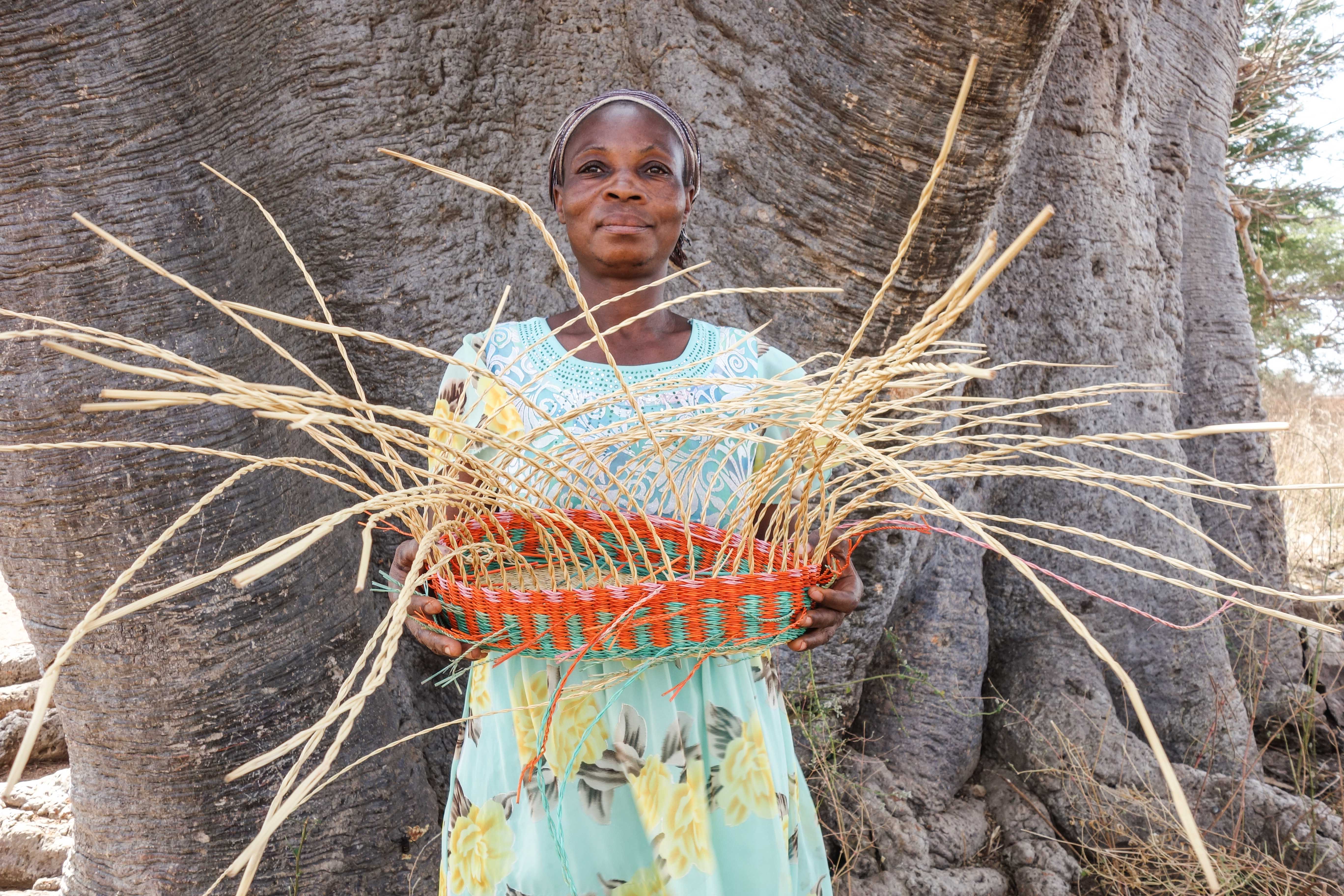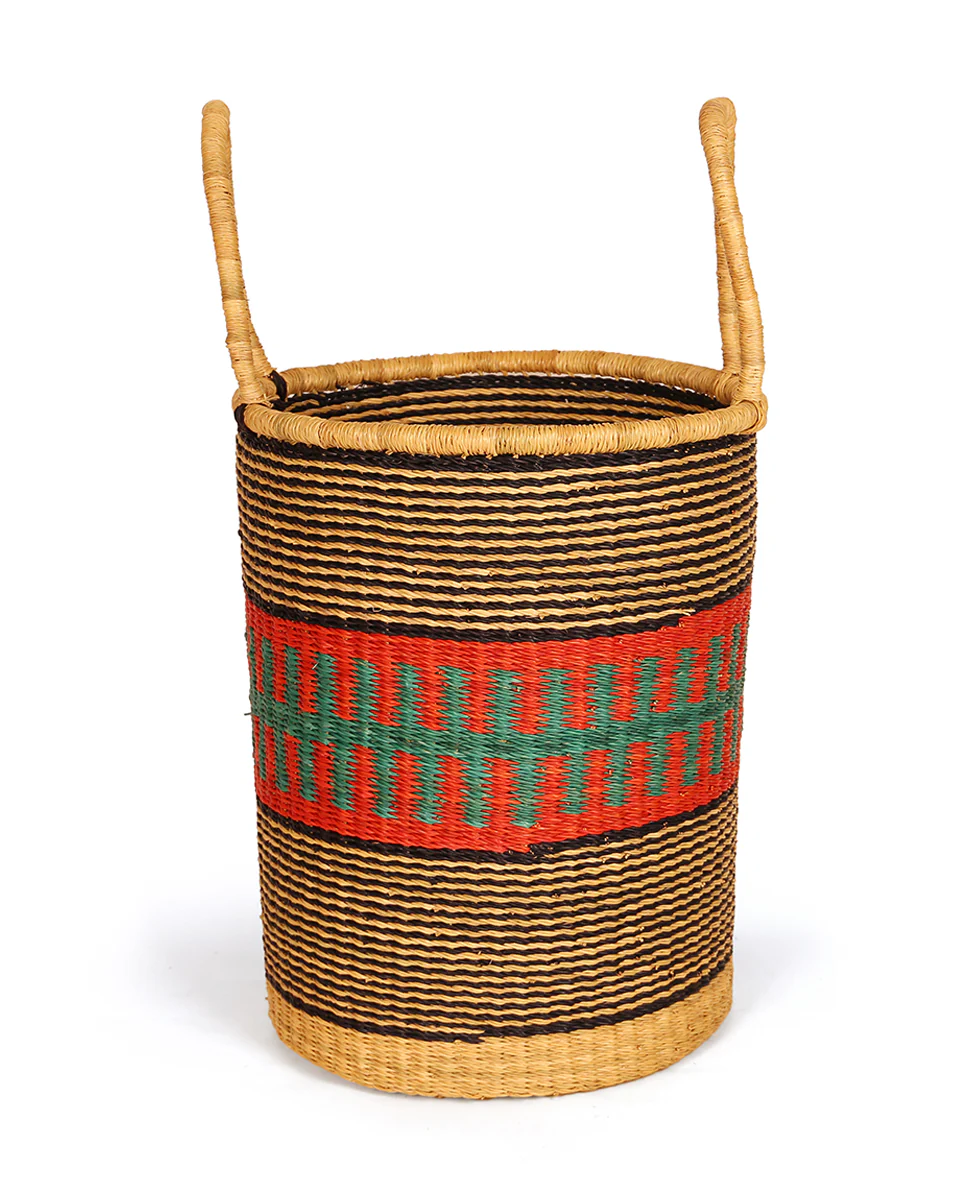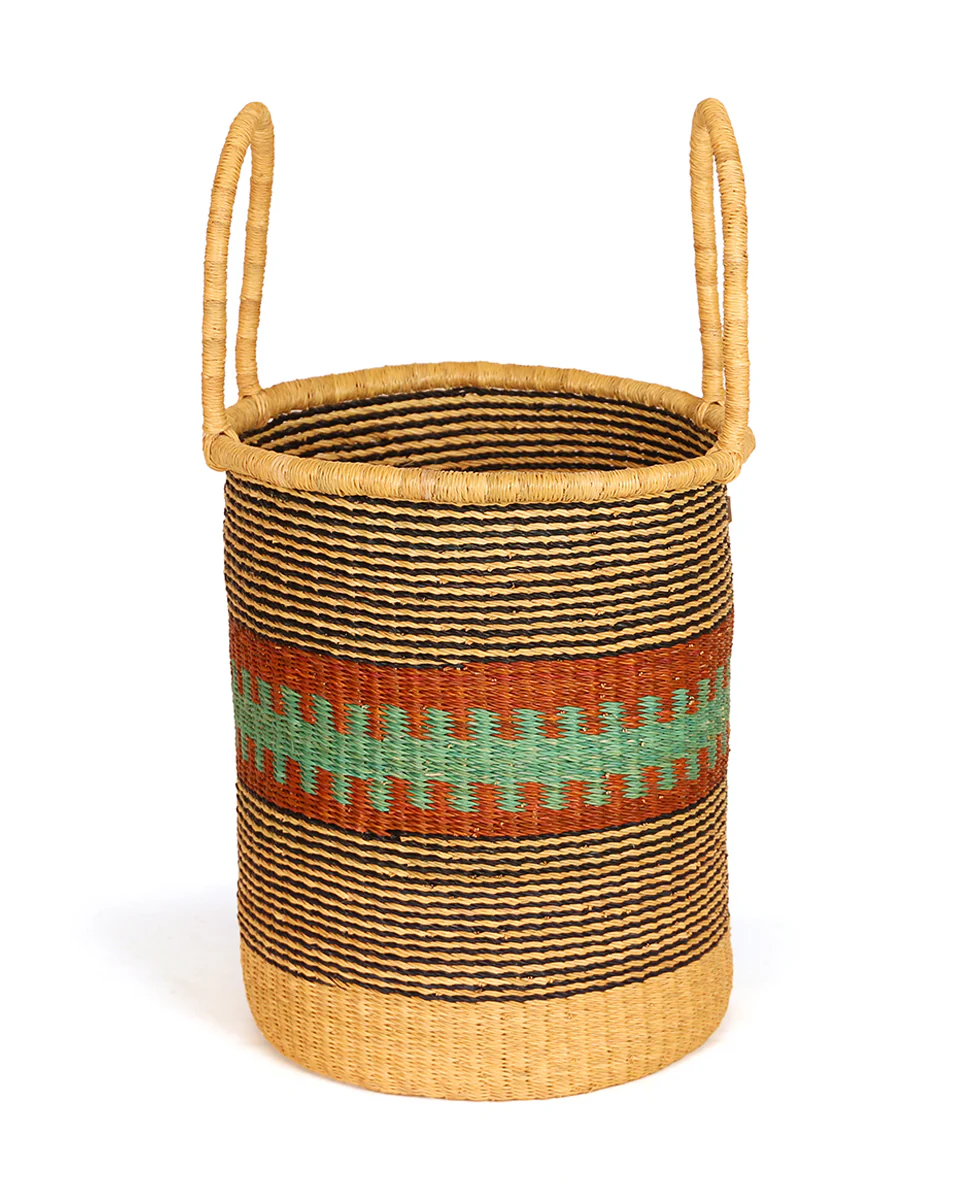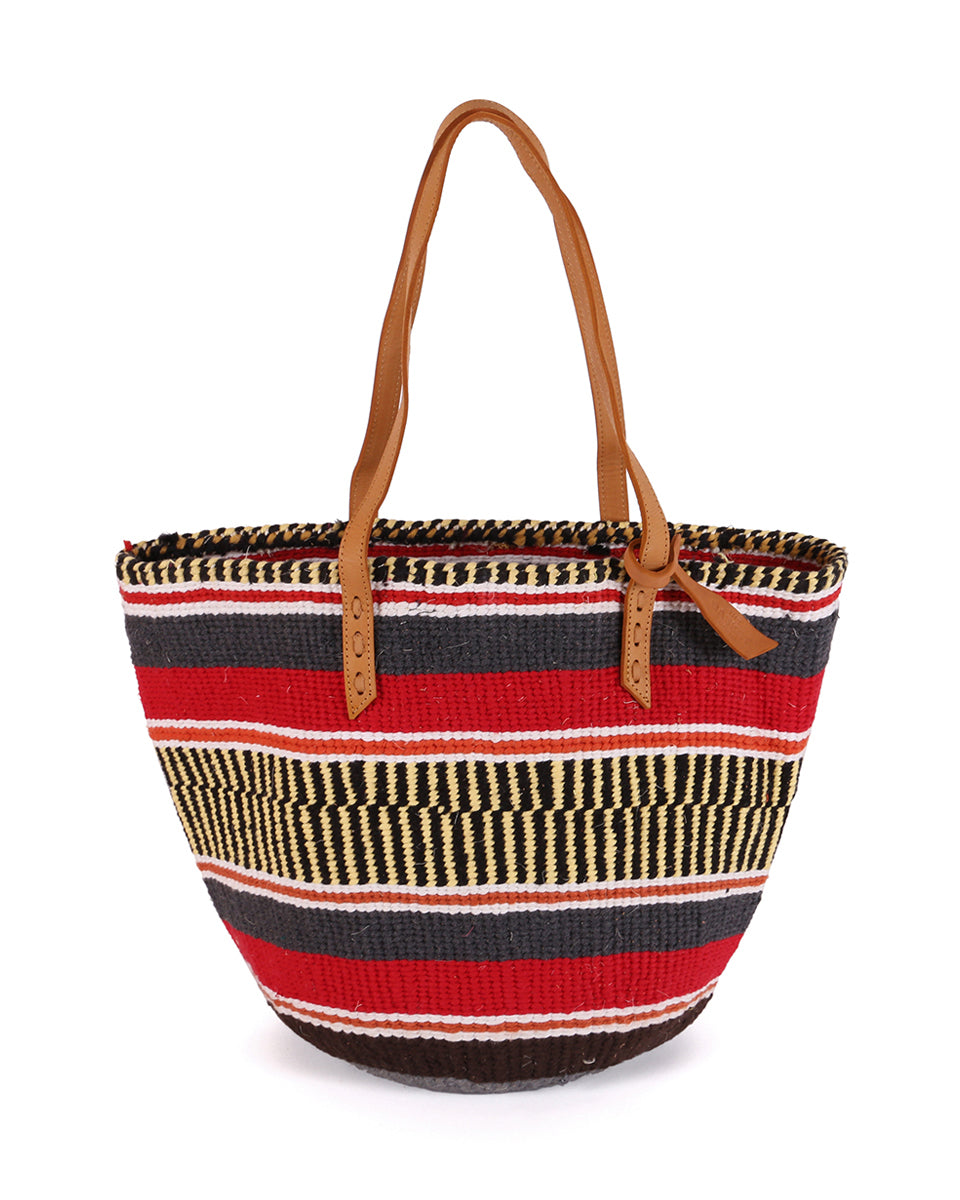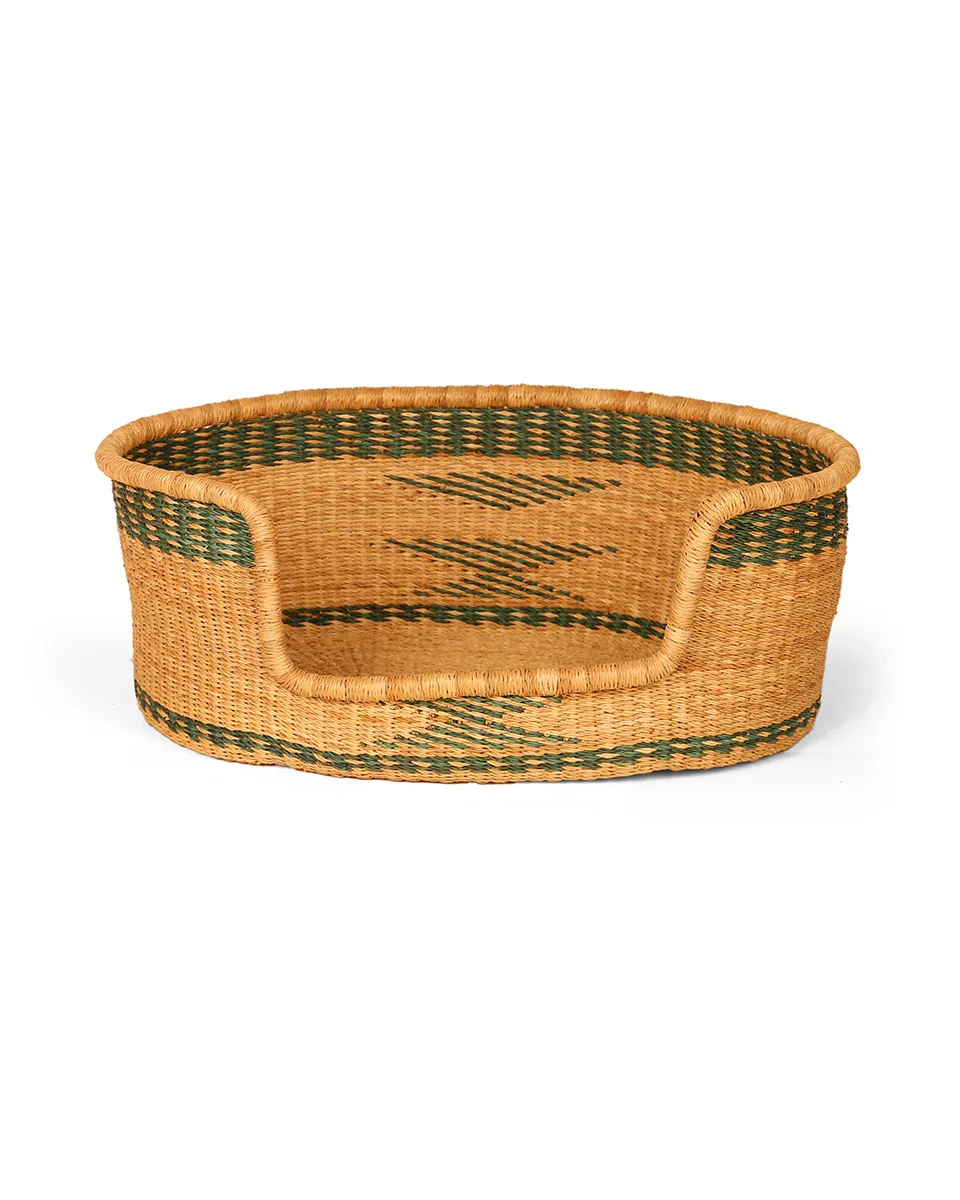Back in March this year, Camilla travelled across Kenya to meet the Ngurunit Weavers Group, the collective of 150 women who produce our beautiful Pambo Palm beaded baskets. It’s vitally important for us to get to know the people behind our baskets, to hear their stories and to see first-hand how they live and work. And, ultimately, to bring these stories to our customers: the people who bring these baskets home. Closing the gap between maker and buyer keeps the supply chain transparent, and is the key to truly ethical, fair trade.

So here's the story. It all begins in a village called Ngurunit.


Ngurunit lies at the foot of the Ndoto Mountains, close to the arid Korante Plain and the Kaisut Desert. Drought is widespread here and livestock are dying. Food relief (a government scheme) is currently in action in Ngurunit, where livestock owners are incentivised to slaughter and feed from their own cattle by being paid the cash value of the animal. This is done to save animals from starving and going to waste, and to feed the people without families losing their precious investment.

The weavers are semi-nomadic pastoralists (herding camels, cattle, sheep and goats) known collectively as Ariaal: not fully Samburu nor fully Rendille but a rich mixture of the two tribes. The Ariaal people are known for their peaceful ways and their openness to compromise, merging characteristics from both traditions - in house building, in bead making and in handicrafts – and they speak the two tribal languages interchangeably.

The woven, beaded baskets they produce are possibly the best metaphor for this rich, multifaceted culture: the tight and traditional basket weaving technique developed by the Rendille tribe is complemented by the bold coloured, delicate beaded embellishments seen in Samburu tribal necklaces and headdresses.

These tightly woven baskets were traditionally created by the Rendille people as vessels for collecting camels’ milk. When made solely for this purpose, baskets were sealed with a camel colostrum coating on the inside and then regularly treated with wood smoke to keep them free from milk-spoiling microbes.

But as plastic and metal jugs became readily available for collecting milk, the production of these baskets fell into decline and became an almost entirely forgotten art form until only very recently. It was in 2001 that access to market was achieved and these baskets found a place in the modern home as practical and attractive fruit bowls, bread baskets, planters and dressing table baskets.

So whilst these baskets are structurally influenced by the Rendille, their beads are borrowed from Samburu culture. The multi-coloured layers of beaded collars, headdresses and earrings worn by the Samburu women denote not only marital status but also other clues as to a woman’s rank within the tribe. Beads, buttons and sequins in different colours can signify anything from her husband’s wealth to how many sons she has birthed.

Yet despite all of this patriarchal symbolism, life has changed considerably for Aarial women in recent years. In this rural region of Kenya where milk is precious currency, women are now allowed to own milk-producing camels as well as milk itself. These delicately beaded baskets are symbols of empowerment for tribal women, and income from weaving helps mothers buy food and pay for school fees and transportation.
In purchasing a Pambo Palm basket you support the livelihoods of the Ngurunit people and become a guardian of this precious craft. Have a browse and shop the collection right here.
For more pictures from the trip click here.
